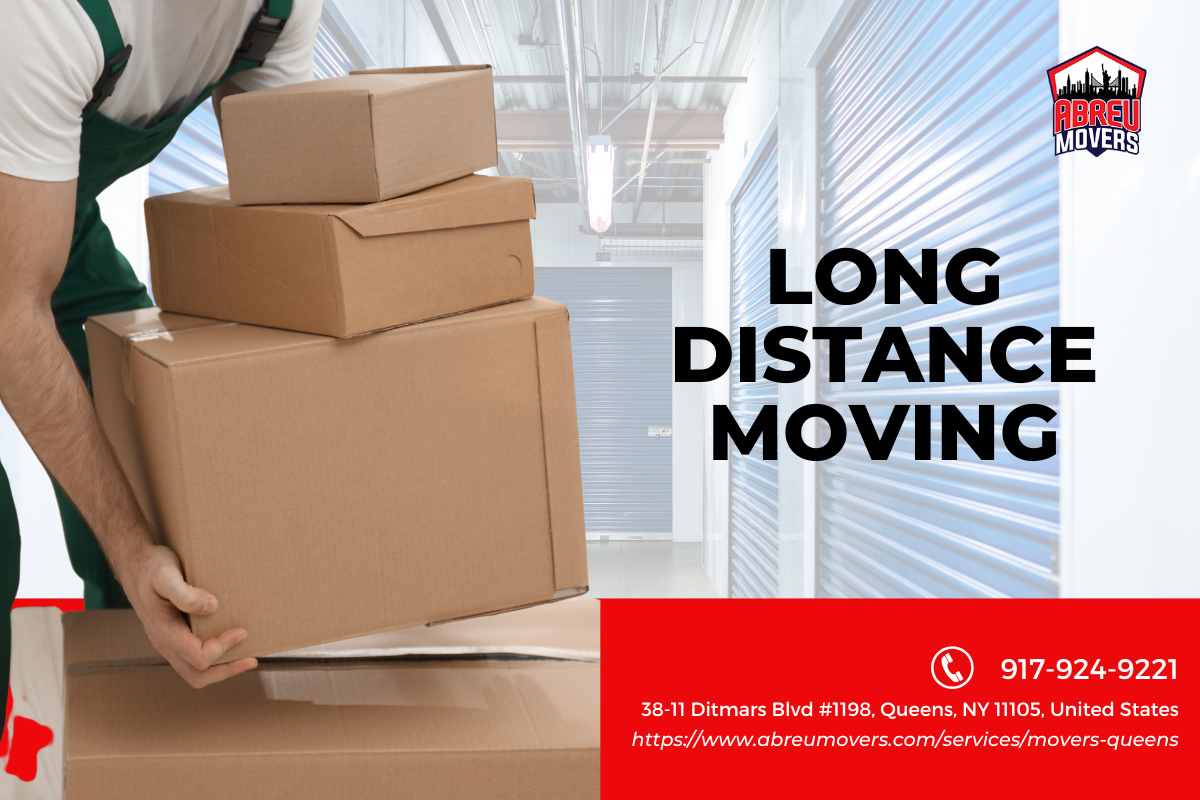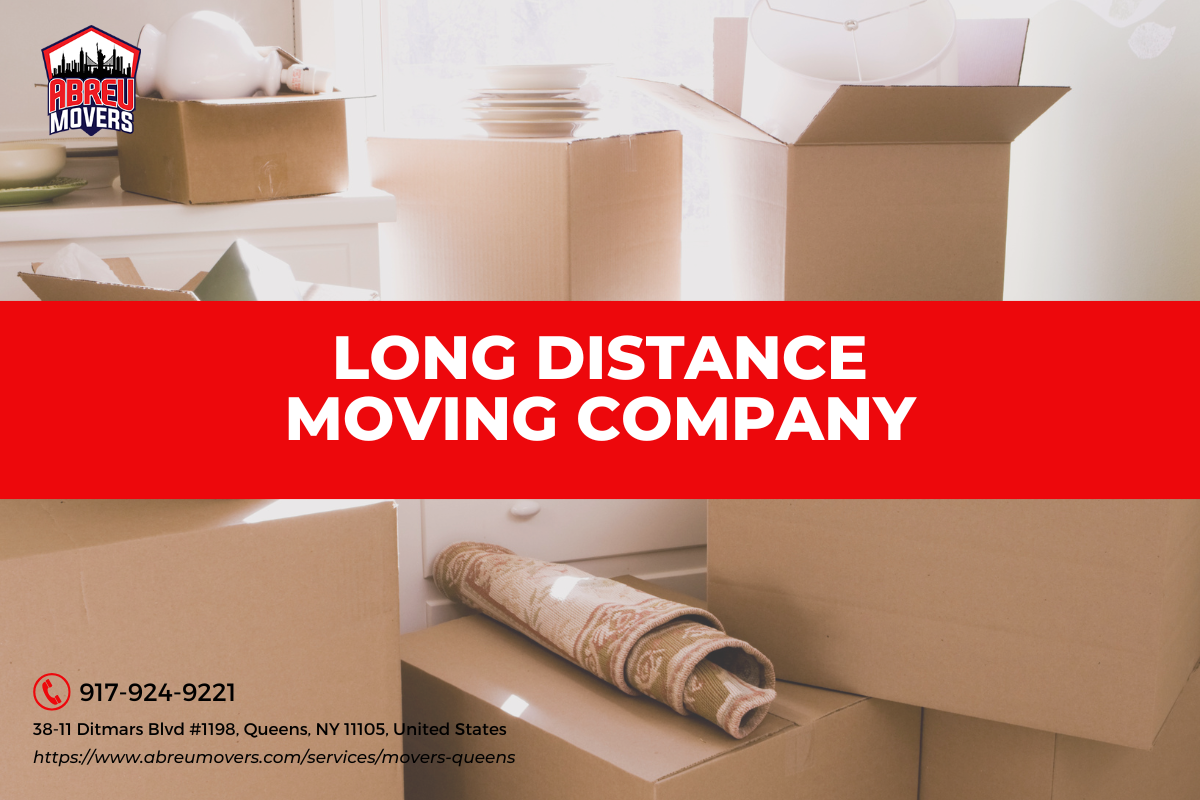


Introduction
Relocating to a new state can be both an exciting and daunting experience. Whether you're chasing a https://posts.gle/gatEXXm4Uc1HiVhv7 new job opportunity, seeking a change of scenery, or moving closer to family, the process of long-distance moving involves careful planning and execution. This article aims to arm you with expert insights and practical tips from seasoned interstate movers who understand the ins and outs of cross-country relocations. From choosing the right long-distance moving company to packing efficiently, we’ll cover everything you need to know for a seamless move.
Moving Out of State? Tips from Expert Interstate Movers
When it comes to moving out of state, many people find themselves overwhelmed with logistics, timelines, and the sheer amount of stuff they have accumulated over the years. So, how do you navigate this complex process? Here are some essential tips from expert interstate movers that will make your transition smoother than you ever thought possible.
1. Start Planning Early: The Key to Success
Why Planning Matters
Planning is crucial when considering a long-distance move. The earlier you start, the less stressful it will be as your moving date approaches. A well-thought-out plan helps you avoid last-minute scrambles and ensures all details are taken care of.
Steps for Effective Planning
- Create a Timeline: Outline critical dates like when you'll start packing, when to hire movers, and when utilities need to be turned off. Budget Your Move: Determine how much you're willing to spend on your long-distance move, including hiring professionals if necessary. Research Moving Companies: Start looking into reputable long distance moving companies early in your planning phase.
2. Choosing the Right Long Distance Movers
What Should You Look For?
Finding reliable long distance movers is paramount for a successful relocation. But what should you consider when making this choice?
Factors to Consider
- Experience: Look for companies that specialize in interstate moves; they understand the regulations and logistics involved. Reviews & Recommendations: Check online reviews or ask friends for recommendations on trustworthy interstate moving companies. Licensing & Insurance: Ensure that any potential mover is licensed by the Department of Transportation (DOT) and offers sufficient insurance coverage.
3. Understanding Moving Costs: What’s Involved?
Types of Costs Associated with Long-Distance Moves
When budgeting for your move, understanding what costs are involved will help prevent surprises down the line.
Cost Breakdown Table
| Cost Type | Description | |-----------------------|--------------------------------------------------------| | Transportation Fees | Charges based on distance and weight of belongings | | Packing Supplies | Boxes, tape, bubble wrap; costs can add up quickly | | Insurance | Additional coverage for peace of mind | | Labor Fees | Charges for loading/unloading services |
4. Packing Strategies That Save Time and Money
How Should You Pack for a Long-Distance Move?
Packing efficiently can save you significant time—and money—during your move.
Expert Packing Tips
Declutter Before You Pack: Go through each room and decide what items you want to keep, donate, or throw away. Label Everything: Clearly label boxes by room and contents; this makes unpacking much easier. Use Quality Packing Materials: Invest in sturdy boxes and protective wrapping; fragile items deserve extra care.5. The Importance of Inventory Management
Why Create an Inventory List?
An inventory list serves multiple purposes during your long-distance move:
- Helps track items packed Ensures nothing gets lost Assists in filing claims if damages occur
6. Stay Organized During Your Move
How Can You Maintain Organization?
Keeping organized throughout your move is vital for reducing stress.
Tips for Staying Organized
- Use color-coded labels for boxes designated for different rooms. Keep important documents separate in a binder or folder. Utilize technology—apps can help manage tasks and checklists efficiently.
7. Understanding Interstate Regulations
What Do You Need to Know About Interstate Moves?
Interstate movements are governed by specific rules that vary by state.
Important Regulations
- States may have different laws regarding vehicle registration after moving. Some states require additional permits for large vehicles parking at residences.
8. Preparing Your Family for the Move
How Do You Communicate Change?
Moving affects everyone; thus, prepare your family emotionally as well as logistically.
Family Preparation Tips
Discuss the reasons behind the move openly with family members. Involve kids in packing their belongings; it makes them feel included. Plan social events before leaving so everyone can say goodbye properly.9. Making Travel Arrangements
What Are Your Options?
Deciding how you'll travel during your move is also part of planning.
Travel Options Overview
Driving vs flying: Decide what’s best based on distance and budget. Transporting pets: Research pet-friendly accommodations if traveling longer distances. Temporary lodging needs if arriving before your possessions do.10. Settling Into Your New Home
How Do You Transition Smoothly?
Once you've arrived at your destination, settling in can also be daunting.
Steps for Settling In
Unpack essentials first—prioritize items needed immediately such as toiletries or bedding. Familiarize yourself with local amenities—a grocery store or pharmacy within proximity helps ease anxiety about acclimating to a new area. Introduce yourself to neighbors—building rapport facilitates quicker integration into the community.FAQs About Moving Out of State
Q1: How far in advance should I book my long distance mover? You should ideally book at least 4–8 weeks in advance during peak seasons (summer months).
Q2: What items cannot be transported by interstate movers? Hazardous materials like explosives or certain chemicals cannot be moved legally across state lines.
Q3: Is it more cost-effective to pack myself or hire professionals? It depends on personal circumstances; DIY packing saves labor costs but requires significant time commitment versus hiring experienced packers who handle logistics swiftly.
Q4: Can I get an estimate without an in-home inspection? Yes! Many long distance moving companies offer virtual estimates via video calls if an in-home assessment isn’t feasible due to distance constraints between locations.
Q5: Will my belongings be insured during transport? Most reputable long distance moving companies provide basic liability coverage; however purchasing additional full-value protection is advisable especially if valuable items are being transported.
Q6: What should I do if something gets damaged during my move? Contact your moving company immediately following delivery; they typically have protocols in place regarding claims submissions based on their policies.
Conclusion
Moving out of state can indeed feel overwhelming at times but armed with expert advice from seasoned interstate movers significantly reduces stress while ensuring smooth transitions into new opportunities awaiting ahead! By starting early with thorough planning coupled alongside diligent research regarding potential long-distance movers—you're setting yourself up perfectly ready! Remember these tips throughout every stage leading up until finally reaching those doors leading into fresh beginnings—happy relocating!
This article provides comprehensive insights into navigating an interstate move while emphasizing organization methods alongside effective communication strategies focusing specifically around families making transitions together seamlessly!